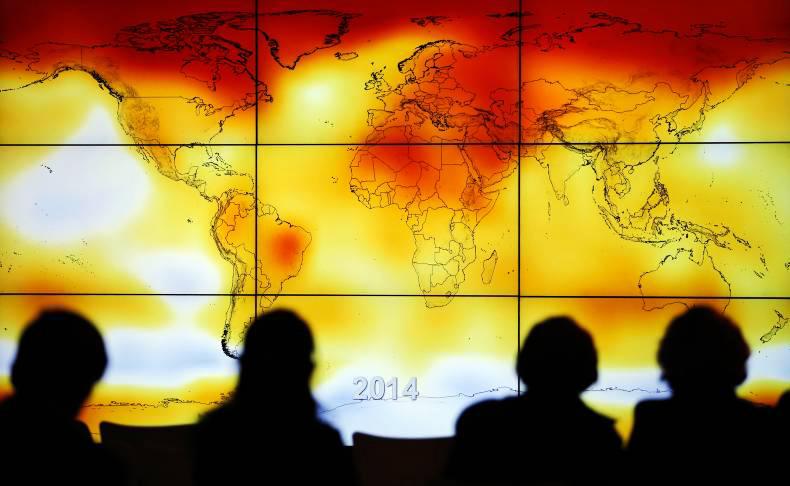It is a well-known fact that Ireland has a low carbon intensity for food production due to the fact that we have a predominantly grass-based production system. However, the director of Friends of the Earth does not believe we should get special treatment in climate change agreements.
“Where we part company with political wisdom is how we leverage [low carbon intensity] for special treatment of Ireland in the context of global and EU negotiations,” said Oisin Coughlan at the ASA’s climate change forum in Tipperary on Monday. “There are lots of good things happening on the ground. Without supports, we won’t get a rollout of good standards across the sector.”
Friends of the Earth believes the Irish Government has not done enough to meet greenhouse gas emissions targets for 2020. Instead, the Government has argued that the targets were unfair.
“The Irish Government in the last five years have taken a short sighted view of this in terms of our 2020 targets,” said Coughlan. “We haven’t done enough to try and meet them. By 2017 we will be above our targets which will leave us in a bad place for the following decade.”
Coughlan agrees with the idea of a third pillar for agriculture where Irish farming would compete on the grounds of sustainability in the non-ETS sector because it would operate under an overall EU emissions ceiling. He added that by giving the Irish agricultural sector special treatment, it provides scope for other European countries to seek the same for sectors of importance to their economies, citing the Polish mines and German auto industry.
To invoke a food security argument in climate change is disingenuous
“In Africa it is not a lack of access to Irish products that presents a challenge to food security, it is a lack of access to local markets,” said Coughlan. “To invoke a food security argument in climate change is disingenuous.”
No sector has a single technological silver bullet to address the climate change challenge, which is where the role of research and advisory comes into play.
“There’s no single fix. An interesting conversation to be had is to see if we agree that the most profitable agricultural sector is dairying so we reduce the suckler herd over time and move into forestry,” said Coughlan. “We can’t continue to plan for endless expansion. We have to plan for now for the absolute maximisation of efficiency.”
COP21 lacks on science, but positive in engaging 196 countries @OisinCoghlan @Friendsoftheear #climatechange #COP21 pic.twitter.com/tGOuj7zSis
— ASAireland (@ASAireland) February 15, 2016
New research suggests Ireland underestimating greenhouse gas emissions






 This is a subscriber-only article
This is a subscriber-only article










SHARING OPTIONS: